In ancient Egypt, if we are to believe hieroglyphs, men and gods sealed their trust by shaking hands. Five thousand years later shaking someone by the hand is more than a polite gesture, it is a source of much useful information. By the way a person shakes hands, we can tell what they are like emotionally, and get a signal of openness, of good will.
But how do things stand now that social distancing is keeping us physically apart and breeding mistrust every time anyone steps inside our personal space? Radio Vidin’s Gennady Veliov went out into the streets of the town to ask people whether the coronavirus has changed the way that, until recently, we made our first contact with other people.
“By force of habit you might sometimes stretch out a hand,” a man from Vidin says. “I am not worried myself, but you ought to keep a distance. When the pandemic is over many things will have changed and will never be the same.”
Handshaking is more of a tradition with the older generation, a woman from the town says:
“We know that foreigners embrace and kiss much more, whereas here, in Bulgaria, that doesn’t seem to be the case anymore. In Romania, for example, where my children are studying, people do not shake hands with women, it is rude to touch a woman.”
Elbow bumping, “namaste” with hands pressed together, Asian-style bow – people definitely need some kind of physical ritual to accompany expressions like “good morning” or “hello”.

“If someone I know extends a hand, I will extend an elbow,” another man answers. “We keep our distance because Vidin is a border region, a doorway, and as such is at very high risk of infection. That is why we must take every precaution.”
What can we replace shaking hands with?
“With a rock salute – because we are rockers,” a group of teenagers answer.
But some have always avoided physical contact.
“Maybe it is enough to just say “hello”. From now on we shall probably communicate verbally more. For reasons of hygiene, I myself have always avoided shaking hands, even before the pandemic.”
But there are other people who regard handshaking as a gesture of encouragement.
“When I make someone’s acquaintance I wouldn’t mind extending my hand, it isn’t that scary,” one of them says.
“We are in such an age bracket that if we get scared, we’re gonners,” an elderly man says and adds: “We have contacts built over so many years, and now you can’t shake someone’s hand. I miss handshaking. But it’s better to go through this now and have contacts later than to come to an untimely end.”
Some say there is no need for so much panic.
“If I take precautions I wouldn’t mind shaking hands,” another man says. “There is no reason to panic. It is a tradition with us – some nations are colder but there will always be handshaking here, in the Balkans.”

“Shaking hands is a must if you want to earn the respect of the person standing opposite you,” another man comments.
Are we going to get used to saluting one another from a distance or will we learn to trust one another again when the virus has gone away? Whatever may happen, one thing is certain – we are going to be much more appreciative of the small gestures which convey invisible messages and bring us closer to one another.
Vox pop by Gennady Veliov, BNR – Vidin
Edited by Diana Tsankova
Photos: BTAThere are many Bulgarian schools in the United States, with the oldest one founded by the Bulgarian diaspora in Chicago. In addition to the well-known Sunday schools, there are many other forms of educational initiatives through which the Bulgarian..
Tomato Day will take place in early September at the Botanical Garden in Budapest, Hungary. The Bulgarian Republican Self-Government in the Hungarian capital announced this on its Facebook page. Gabriela Hadzikostova: Bulgarians in Hungary enjoy..
On August 23, the First Bulgarian School in Stockholm "Yan Bibiyan" will open its doors for the new school year 2025/2026. The institution announced this on its Facebook page. "Language, traditions and friendships, all in one place!" - this is what..
Tomato Day will take place in early September at the Botanical Garden in Budapest, Hungary. The Bulgarian Republican Self-Government in the Hungarian..
On August 23 and 24, the Black Sea city of Burgas will host BURGAS SKATE WEEKEND 2025. Visitors will be able to enjoy skate competitions..
On August 23, the First Bulgarian School in Stockholm "Yan Bibiyan" will open its doors for the new school year 2025/2026. The institution announced..

+359 2 9336 661
